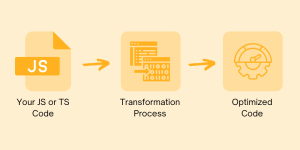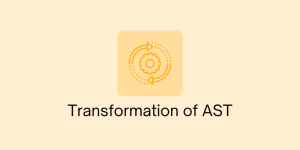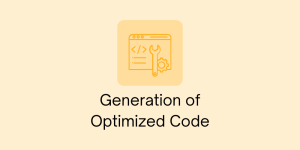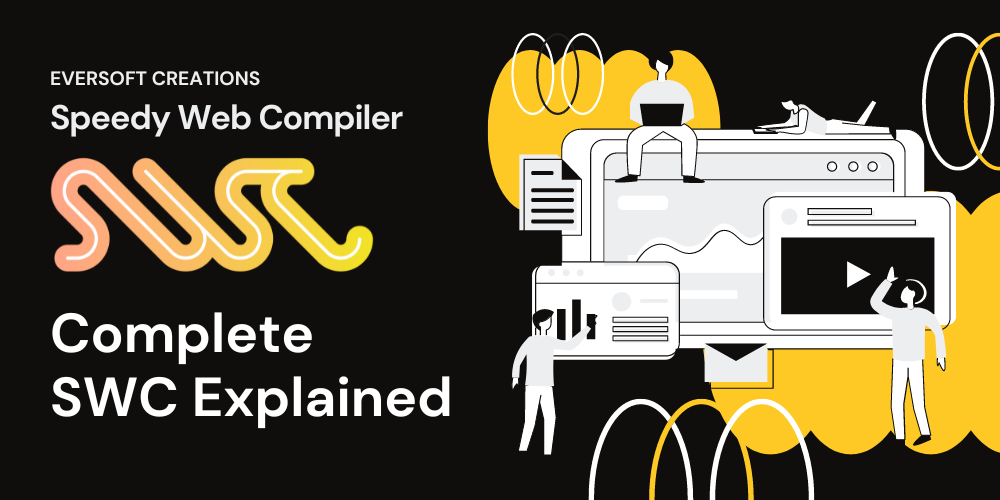Effective development tools have become essential in JavaScript programming due to constant changes because they optimize both speed and work efficiency.
The transformation of code into compatible applications depends on developers using compilers along with bundlers for optimizing performance between different environments.

The tools become essential for modern JavaScript applications because they help developers produce well-kept code that uses advanced language features.
The article describes Speedy Web Compiler (SWC) and explains its operation mechanism alongside its performance optimization capabilities for web applications.
What is a Speedy Web Compiler?
First, let’s break it down.
The SWC acronym refers to Speedy Web Compiler which includes the following components.
The software operates with maximum velocity since speed forms its core function. SWC executes rapid JavaScript code transformations which lead to high project efficiency for large-scale projects.
The focus of web development lies at the core of this system. Through Speedy Web Compiler JavaScript receives improved performance in its handling and execution of web code.
The compiler functions to change data written in one format into computer executable code through another simpler format.
Background of SWC
South Korean developer kdy1 with his role as maintainer of Next.js built SWC as a tool that enhances JavaScript code processing speed.
The necessity for accelerated development emerged because Web projects continue growing into their complex forms.
SWC provides developers tools for quicker execution that enables them to handle numerous websites and app projects written in JavaScript.
How Speedy Web Compiler Works
SWC runs on Rust because it is well-known for its combination of speed and safe operations.
SWC transforms JavaScript or TypeScript source code by optimizing it for multiple target settings.
The process through which SWC achieves its optimization involves a sequence of three main operations which begin with parsing followed by transforming then ending with code generation.
How Does SWC Parse Code?
Compilation begins by using the parsing stage as its first step.
First the compiler reads and analyzes the code to generate a clear structure of the program.
Expanding complex sentences requires breaking down their grammatical structures into essential components similar to analyzing complex sentences for subject, verb and object.

SWC converts writing code into Abstract Syntax Trees (AST) through technical procedures.
Each source code element in the AST maintains a direct representation as a single node which represents expressions and statements and functions.
The organized structure of this tree lets SWC tackle code evaluation and understanding operations efficiently with maximum scalability.
How Does SWC Transform Code?
SWC conducts the transformation phase after building the AST.
During this phase SWC applies target environment-based optimizations and modifications to the code.
SWC applies code transformation to convert ES6+ code into a version that matches the functionality requirements of outdated browser environments.

SWC leads the transformation of TypeScript syntax into pure JavaScript which becomes executable by any JavaScript engine during this phase.
SWC extends its flexibility because users can implement custom transformations through either plugins or specific configuration options.
How Does SWC Generate Optimised Code?
SWC executes code generation as its last transformative procedure.
SWC performs the last step which involves transforming an altered AST into executable program code.
SWC develops code which maintains functional accuracy together with performance optimization in its generation process.

As part of its optimization process SWC eliminates code sections that will never execute while also including functions directly into code for performance improvements.
Fast and reliable performance in production environments should result from achieving code standards combined with optimal efficiency.
Benefits of Using Speedy Web Compiler
Performance
SWC delivers remarkable speed benefits because it utilizes Rust for its workings.
Code compilation speed increases substantially during large project or extensive codebase development operations.

The high speed speeds up build processes which enhances development efficiency as well as overall development response times. Running at warp speed makes developers think the program is rushing to meet its appointment.
Optimised Output
SWC performs compilation then enhances production output by eliminating non-essential code sections while implementing functions directly into code and minimizing the final file dimensions.
The optimized code makes SWC an economical solution which prevents unnecessary expenses during production.
SWC optimization produces code that achieves better performance through improved speed and efficiency thus it enhances web application execution and loading speeds.
Compatibility
SWC operates without restrictions when working with current versions of JavaScript libraries and frameworks.
SWC offers universal support for all ES6+ and TypeScript standards in projects so you can use it without concern.
How to Set Up Speedy Web Compiler
Installation
SWC operates without restrictions when working with current versions of JavaScript libraries and frameworks.
- SWC offers universal support for all ES6+ and TypeScript standards in projects so you can use it without concern.
npm init -y
- To install SWC through npm users should execute this command to retrieve precompiled binaries.
npm install -D @swc/cli @swc/core
- A JavaScript file should be added under the path ‘src/index.js’ where your code needs to reside.
const greet = (name) => {
return `Hello, ${name}!`;
};
console.log(greet("World"));
- The SWC compiler operates through terminal commands to process JavaScript files using the following command:
npx swc src/index.js -o dist/index.js
- The final output of the compiled JavaScript code exists in `dist/index.js` as shown below:
"use strict";
var greet = function(name) {
return "Hello, " + name + "!";
};
console.log(greet("World"));
SWC generates this ES5 code through transpilation to support environments limited to JavaScript versions earlier than 5.
SWC Integration in Popular Frameworks
SWC is integrated within Next.js, Deno, Vite, Remix, Parcel and Turbopack for all users.

Conclusion
The complete field of JavaScript development benefits tremendously from appropriate tools.
SWC shows itself as a dedicated solution to convert JavaScript and TypeScript code while also performing code optimization tasks.
The combination of Rust-based implementation with efficient optimizations and transformations enables SWC to deliver exceptional speed thus becoming powerful for contemporary web development.
All readers can access my other published articles here. Previous article completion marks the end of this piece but remember to persist with your coding pursuits.



